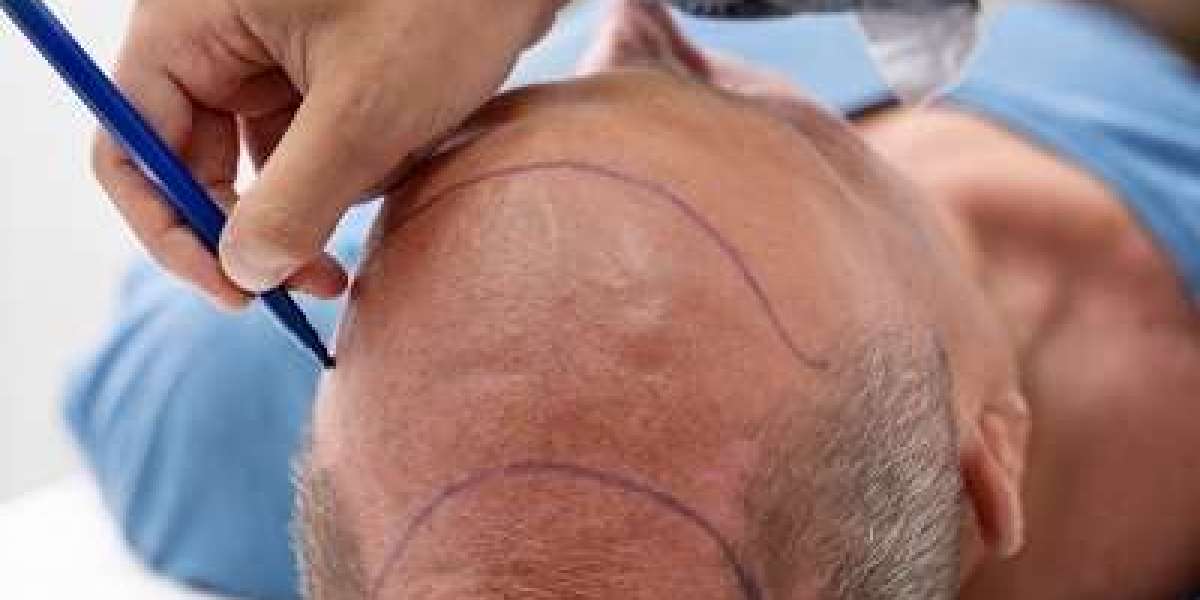Hair loss is a common concern for many individuals, leading to feelings of self-consciousness and diminished confidence. For those considering a hair transplant, the lingering question often arises: will I lose my hair again after the transplant? Understanding the nature of hair loss and the effectiveness of hair transplant procedures can provide clarity and peace of mind for those contemplating this solution.
A hair transplant is a surgical procedure that involves moving hair follicles from a donor site, usually the back or sides of the head, to areas where hair is thinning or balding. This method is particularly effective because it utilizes hair that is genetically resistant to balding. However, it’s essential to have realistic expectations and understand that while the transplanted hair is permanent, other non-transplanted hair may still be susceptible to the effects of male or female pattern baldness.
The good news is that the hair follicles transplanted during the procedure are typically taken from areas that are not affected by DHT (dihydrotestosterone), the hormone responsible for pattern hair loss. This means that once the transplanted hair grows in, it is likely to remain intact for a long time. However, it is crucial to understand that hair loss can continue in non-transplanted areas. This could lead to an uneven appearance over time if the surrounding hair continues to thin. Therefore, hair transplant in Islamabad is not a cure for hair loss but rather a long-term solution for restoring hair in specific areas.
Why Hair Loss Might Continue After a Transplant
Several factors can contribute to ongoing hair loss after a transplant. Here are some of the most common reasons:
Genetics: If you have a genetic predisposition to hair loss, this could lead to thinning in areas that were not transplanted. Even if the transplanted hair remains intact, you may still experience hair loss in other regions.
Age: As people age, hair naturally thins. Even after a successful transplant, age-related hair loss can occur.
Medical Conditions: Conditions such as thyroid issues, autoimmune diseases, and hormonal imbalances can cause hair loss regardless of whether a transplant has been performed.
Post-Transplant Hair Growth: It’s essential to understand that the newly transplanted hair will not grow immediately. Typically, patients may experience shedding of the transplanted hair within the first few weeks. This is a normal part of the process, as the follicles enter a resting phase before new hair begins to grow. It can take several months to see the final results.
Lifestyle Factors: Stress, poor diet, smoking, and certain medications can also affect hair growth and lead to further loss. Maintaining a healthy lifestyle can significantly impact the longevity of your hair.
Managing Expectations and Maintaining Results
To minimize the chances of hair loss after a transplant, patients are encouraged to manage their expectations and understand that maintenance may be necessary. Many clinics recommend medications like minoxidil or finasteride post-surgery to help maintain hair in non-transplanted areas. These medications can slow down hair loss and, in some cases, promote new hair growth.
Moreover, after a hair transplant, following your surgeon's post-operative care instructions is vital. Proper care can enhance the results and longevity of the transplant. This includes avoiding strenuous activities, maintaining a healthy diet, and following up with your doctor for any necessary treatments.
Conclusion
In conclusion, while a hair transplant can be an effective solution for restoring hair, it is important to understand that it does not guarantee immunity against future hair loss. Ongoing care and a proactive approach can help maintain the results. Patients considering hair transplant in Islamabad should consult with qualified professionals to discuss their concerns and create a tailored plan that considers their unique hair loss situation.
For those looking to enhance their appearance and regain their confidence, the Royal Cosmetic Surgery Clinic PK offers comprehensive hair transplant services with experienced professionals. To learn more about the available options, visit Royal Cosmetic Surgery Clinic PK.








